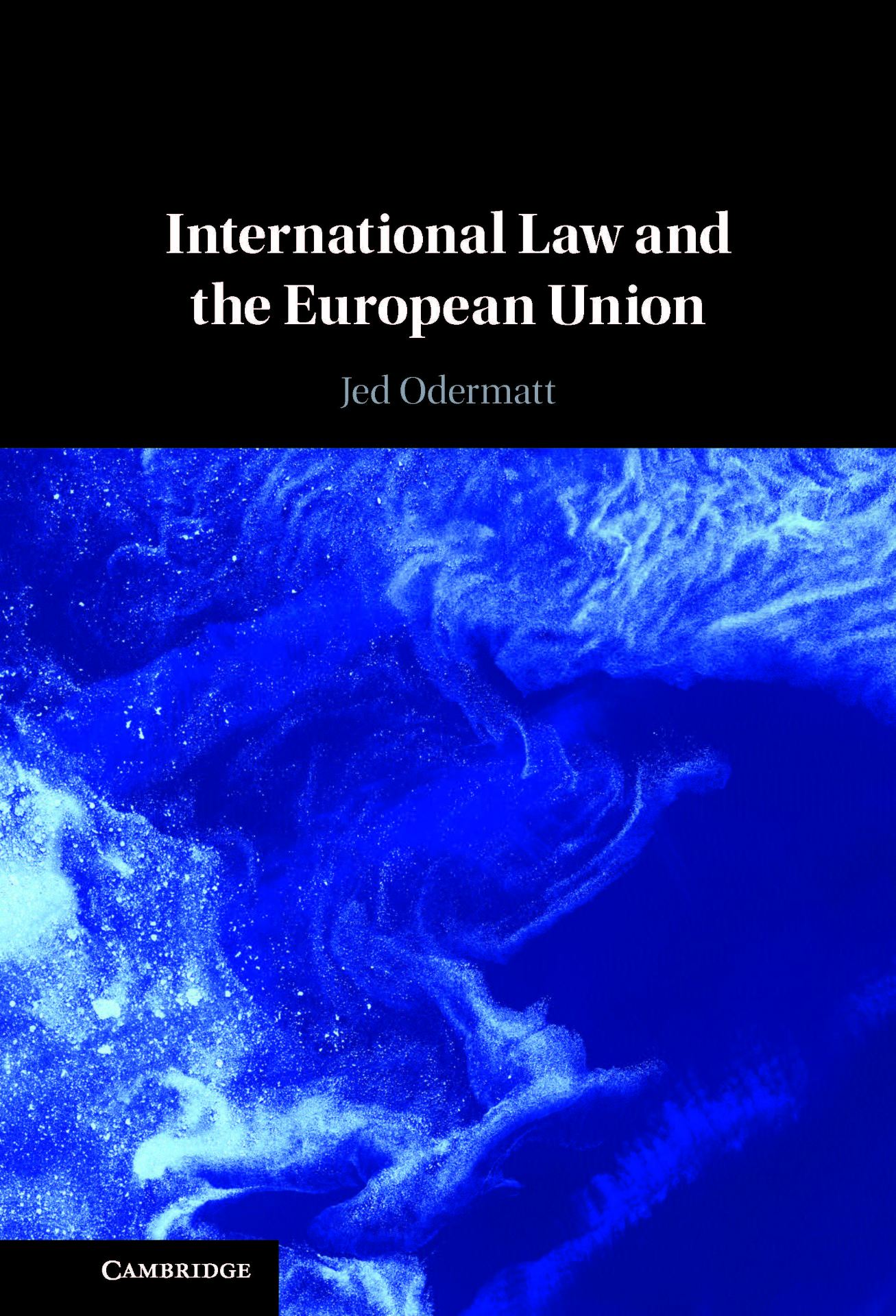On 29 September 2021 the European Union’s General Court annulled Council decisions approving trade and fisheries agreements concluded between the European Union and the Kingdom of Morocco. The judgment is the latest in an ongoing saga in which the EU’s trade agreements with Morocco have been challenged before the EU courts on the grounds that they violate international law. These agriculture and fishing agreements apply to the territory and territorial waters of Western Sahara, a non-self-governing territory occupied by Morocco, without the consent of the people of Western Sahara.
Page 7 of 10
The European Union has become an ever more visible and active player at the international level. Legal scholarship has addressed this phenomenon. The field of EU external relations law discusses the legal issues that arise from the EU’s activity on the international plane. Much of this literature is focused on the internal issues that the European Union and its Member States face. In International Law and the European Union, I sought to explore the issues that arise, not only for the EU legal order, but also for international law and for non-EU states.
To do so, the book integrates the perspectives of European Union law and of international law. In researching the book, I quickly realized that there were diverging views about the very nature of the EU and its legal order. As I discuss in Chapter 1 on ‘The European Union in International Law’ both legal scholarship and practice present an ‘EU law’ view and an ‘international law view’ on the nature of the European Union. The EU law view tends to see the EU as a unique legal order, one that has escaped from its international law origins. It is highly influenced by the narrative, established by the Court of Justice of the EU in van Gend & Loos and later judgments, of the Union as a ‘new legal order’. This internal narrative remains contested in international law scholarship, which tends to view the Union as a type of international organization, albeit one that has developed a number of unique features. The aim of the book is not to argue which of these views is ‘correct’. Rather, it accepts that the EU is a unique type of legal entity, and explores how international law concepts and principles have adjusted and respond to these claims. Rather than provide a unitary theory of the European Union that could address the types of legal clashes and conflicts that arise under EU and international law, it explores the ways that public international law addresses legal subjects other than states.
In 2015, the United Nations (UN) adopted the 2030 Agenda for Sustainable Development, commonly known as Sustainable Development Goals (SDGs). It provides a shared blueprint for peace and prosperity for people and the planet recognizing that ending poverty and other deprivations must go hand-in-hand with strategies that improve health and education, reduce inequality and spur economic growth, and thereby, all while tackling climate change and working to preserve our oceans and forests. At the heart of this Agenda, there are 17 Goals and 169 targets. The normative structures of SDGs basically derived from the juxtaposition of two interdisciplinary spirits: Environment and Development. Continue reading
A webinar series by the International Law and Affairs Group at City, University of London and the SCRAP research group at the Centre for International Studies and Diplomacy, SOAS
Elaine Fahey and Giulio Kowalski
An online workshop took place on 2 July 2021 at City Law School ‘The Transatlantic Space Between Shifting Administrations: The Place of the EU and US in the Global Legal Order’ organised by the Jean Monnet Chair in Law & Transatlantic Relations and Institute for the Study of European Law (ISEL) at City Law School, funded by Erasmus+ programme.
Elaine Fahey and Isabella Mancini
“Understanding the EU as a Good Global Governance Actor: ambitions, direction and values” is the provisional title of a book project forthcoming with Edward Elgar in 2022 and edited by (Elaine Fahey City Law School) and Isabella Mancini (City Law School/ Brunel Law School).
On 16 June, 2021, the City Law School hosted a virtual launch of Dr Tamás Molnár’s new book The Interplay between the EU’s Return Acquis and International Law. The webinar, chaired by Dr Andrew Wolman, was organised by City’s International Law and Affairs Group (ILAG) and the Institute for the Study of European Laws (ISEL), and saw Professor Paul James Cardwell (University of Strathclyde) and Professor Elspeth Guild (Queen Mary University of London) as expert discussants. This post summarises the discussion and provides some reflections on Molnar’s book.
On Friday 25 June 2021, British tabloid The Sun published pictures of the UK Health Secretary, Matt Hancock, kissing Gina Coladangelo in his office at the Department of Health. These pictures were, it seems, captured by a CCTV camera in the office and leaked by person(s) unknown to the newspaper. The pictures were soon joined on The Sun’s website by a video clip (seemingly from the same camera). The clip shows Hancock and Coladangelo in what might be described as a passionate embrace. The footage lasts just over one minute and remains online, including on The Sun’s Youtube channel.
The pictures and footage caused instant controversy due to the fact that both Hancock and Coladangelo are married to other people, and due to the fact that Hancock brought Coladangelo into the Department for Health during the pandemic, where after a period of unpaid work she took on a paid role (taxpayer funded) in the autumn of 2020. These facts raise questions of both a moral and political nature. It is also clear that the actions of Hancock and Coladangelo breached COVID guidelines that Hancock had himself played a key role in designing and promoting during the pandemic. This raised the politically toxic spectre of hypocrisy that led to his resignation on Saturday 26 June.
© 2025 City Law Forum
Theme by Anders Noren — Up ↑


